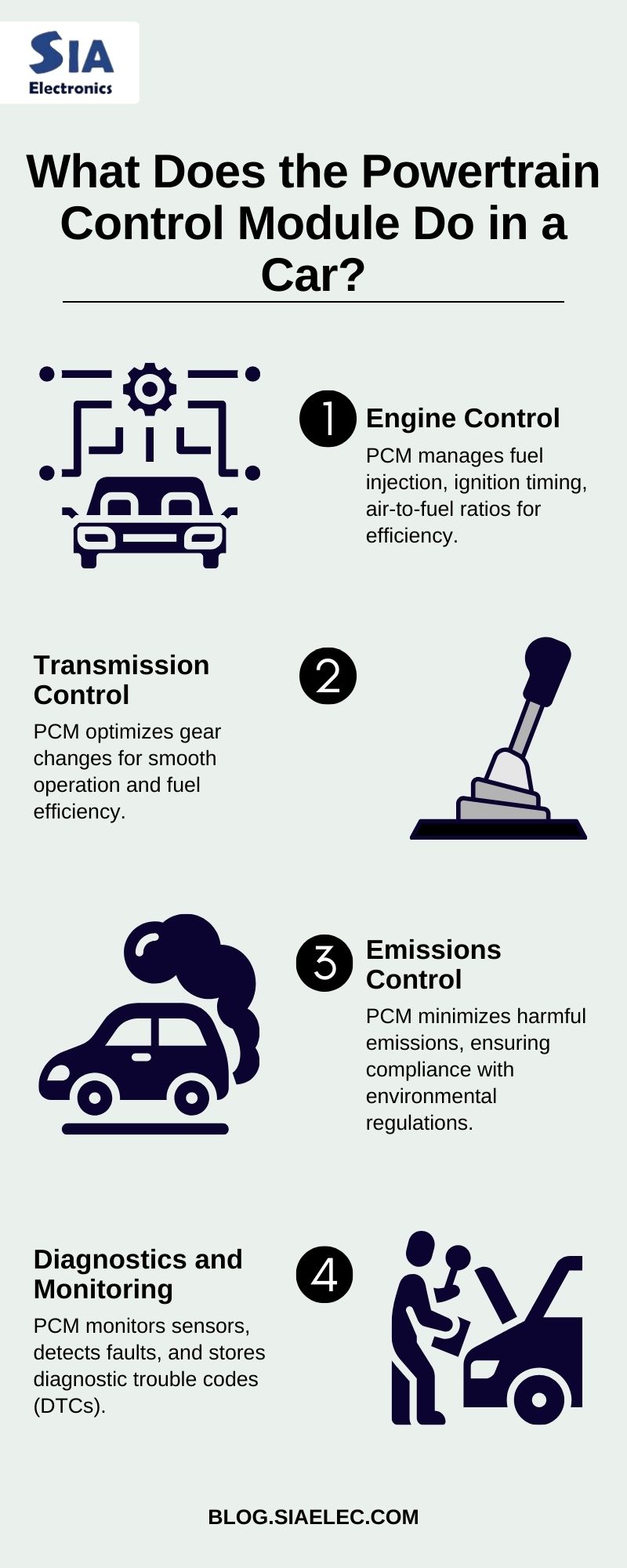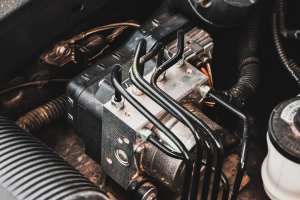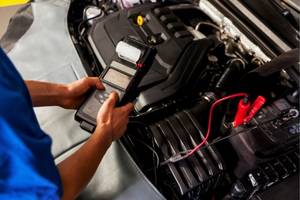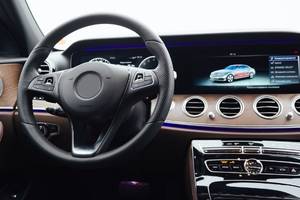Introduction
The Powertrain Control Module (PCM) is a critical component in modern vehicles, acting as the brain that coordinates various functions of the engine and transmission. Its role is crucial for optimal performance, fuel efficiency, and emissions control. But what exactly does this Powertrain Control Module do, and why is it so important? In this blog, we’ll explore the functionalities, costs, common issues, and solutions related to the Powertrain Control Module, offering a comprehensive understanding of its significance in automotive technology.
Table of Contents
What Does the Powertrain Control Module (PCM) Do in a Car?
The Powertrain Control Module (PCM) is essentially the vehicle's central computer for engine and transmission management. Here’s a breakdown of its primary functions:
- Engine Control: The PCM regulates engine performance by managing fuel injection, ignition timing, and air-to-fuel ratios. It ensures the engine operates efficiently under various conditions, adapting to changes like acceleration, load, and temperature.
- Transmission Control: The PCM controls the transmission's shifting patterns based on driving conditions and engine performance. It optimizes gear changes for smooth operation and fuel efficiency.
- Emissions Control: By managing the engine’s combustion process, the PCM helps in minimizing harmful emissions. It ensures compliance with environmental regulations by adjusting parameters to reduce pollutants.
- Diagnostics and Monitoring: The PCM constantly monitors various sensors and components, detecting faults and storing diagnostic trouble codes (DTCs). It provides valuable data for troubleshooting and repairs.
How Much Does It Cost to Replace a Powertrain Control Module?
Replacing a Powertrain Control Module (PCM) can be a significant investment, as it is a sophisticated and crucial component. Here’s a cost breakdown:
- Replacement Cost: The cost of a new PCM can range from $800 to $1,500, depending on the vehicle make and model. Luxury and high-performance vehicles may incur higher costs.
- Labor Costs: Installation and programming of the new PCM typically add $100 to $200 to the total cost. The exact amount depends on the complexity of the vehicle’s systems and labor rates at the repair shop.
- Re-manufactured Units: Opting for a re-manufactured PCM can be a cost-effective alternative, ranging from $300 to $800. Re-manufactured units are tested and refurbished to meet OEM standards.
What Are Common Issues That Can Cause the Powertrain Control Module (PCM) to Fail?
The PCM is a robust component but can experience failures due to various reasons:
- Electrical Failures: Issues such as short circuits, power surges, or wiring problems can damage the PCM. Electrical faults may result from faulty sensors or damaged wiring harnesses.
- Overheating: Excessive heat from engine components or a malfunctioning cooling system can lead to PCM overheating, potentially causing internal damage.
- Water Damage: Exposure to water or moisture can corrode the internal circuitry of the PCM, leading to malfunctions.
- Software Issues: Bugs or glitches in the PCM’s software can cause improper functioning, affecting engine and transmission performance.
How Can You Reset a Powertrain Control Module?
Resetting the PCM can help resolve minor issues or clear diagnostic trouble codes. Here’s a general procedure for resetting the PCM:
- Disconnect the Battery: Turn off the vehicle and disconnect the negative terminal of the battery. Leave it disconnected for about 15 minutes to ensure the PCM’s memory is cleared.
- Reconnect the Battery: Reattach the negative terminal of the battery and ensure it is securely fastened.
- Start the Vehicle: Turn on the engine and allow it to idle for a few minutes. This enables the PCM to recalibrate and adjust to default settings.
- Drive the Vehicle: Take the car for a short drive to help the PCM relearn driving conditions and optimize performance.
Note: For specific procedures related to different vehicle models, consult the vehicle’s service manual or a professional mechanic.
Can a Powertrain Control Module Failure Cause Transmission Problems?
Yes, a failure in the Powertrain Control Module can indeed cause transmission problems. The PCM controls the transmission’s shifting patterns and performance, so any malfunction can result in issues such as:
- Erratic Shifting: The transmission may exhibit harsh or erratic shifting, causing a jerky or uneven driving experience.
- Slipping Gears: The vehicle may experience slipping gears, where the transmission unexpectedly disengages or fails to engage properly.
- Delayed Shifting: There might be delays in gear changes, affecting acceleration and overall driving performance.
- Transmission Warning Lights: A faulty PCM can trigger transmission-related warning lights on the dashboard, indicating potential issues.
Conclusion
The Powertrain Control Module (PCM) is a pivotal component in modern vehicles, managing the engine and transmission systems to ensure optimal performance, efficiency, and emissions control. Understanding its functions, costs, common issues, and solutions can help vehicle owners and technicians maintain and repair this critical component effectively. By staying informed about the PCM’s role and addressing issues promptly, you can ensure your vehicle operates smoothly and efficiently.
FAQs on
What Does the Powertrain Control Module Do? | Understanding Its Role in Your Vehicle
-
1. What are the symptoms of a failing Powertrain Control Module?
Ans.
Common symptoms include erratic shifting, poor engine performance, illuminated warning lights, and difficulty starting the vehicle. Diagnostic trouble codes (DTCs) can also provide clues to PCM issues.
-
2. Can I drive with a malfunctioning Powertrain Control Module?
Ans.
While it’s possible to drive with a malfunctioning PCM, it’s not advisable. Continued use can lead to further damage to the engine and transmission, affecting overall vehicle safety and performance.
-
3. How often should I have the Powertrain Control Module inspected?
Ans.
It’s recommended to have the PCM inspected during regular vehicle maintenance or if you notice symptoms such as poor performance or warning lights. Routine diagnostics can help identify potential issues early.
-
4. Is it necessary to reprogram the PCM after replacement?
Ans.
Yes, after replacing the PCM, it typically needs to be reprogrammed to match your vehicle’s specific configuration and settings. This ensures proper integration with the engine and transmission systems.
-
5. Are there DIY options for resetting the Powertrain Control Module?
Ans.
While some basic resets can be performed by disconnecting the battery, it’s often best to consult a professional mechanic for more complex issues or PCM programming requirements.
-
6. How long does it take to replace a Powertrain Control Module?
Ans.
The replacement process can take anywhere from 2 to 4 hours, depending on the vehicle’s make and model, as well as the complexity of the installation and programming involved.



